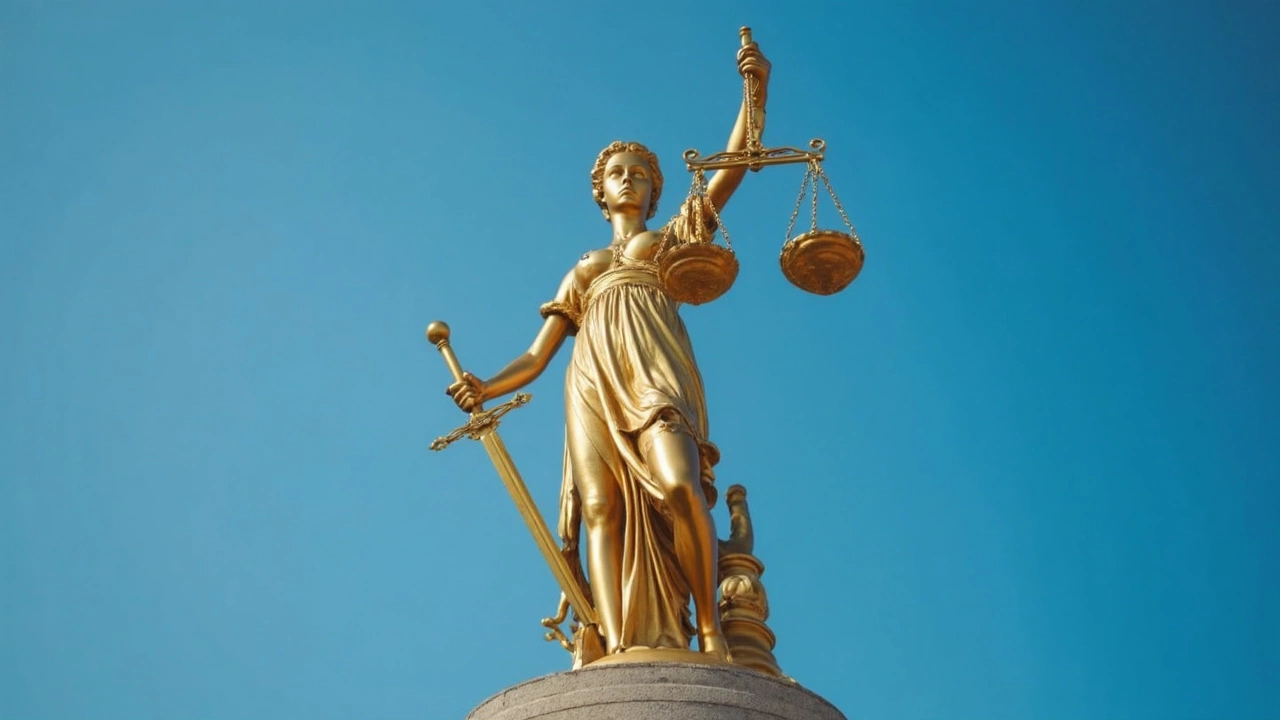Online Abuse
When we talk about online abuse, any harmful behavior carried out through digital platforms – from hate messages to coordinated trolling – that targets individuals or groups, also known as digital harassment, we step into a space where privacy, safety, and speech intersect. Online Safety Act, a legislative effort aimed at forcing platforms to curb abusive content tries to put rules around this problem, while freedom of expression, the right to share opinions without undue restriction often pushes back, arguing that too‑tight controls can silence legitimate voices. In short, online abuse encompasses digital harassment, legislation like the Online Safety Act seeks to curb it, and freedom of expression can clash with those control measures.
Real‑world stories illustrate how quickly online abuse can spill into the headlines. The Irish‑language rap trio Kneecap faced a travel ban to Canada after waving a Hezbollah flag, sparking a wave of hostile comments and coordinated campaigns aimed at discrediting their political stance. Their case shows how activism can trigger both genuine criticism and abusive attacks that threaten artists’ ability to travel and perform. Similar patterns appear in sports: Tottenham's pre‑season tour drew fan chatter that ranged from supportive chants to obscene abuse aimed at players, highlighting how large‑scale events become hotbeds for digital trolling that can affect on‑field performance.
Platforms themselves are not passive. Companies like KFC rolled out a bold pink “Saucy” concept that instantly lit up social feeds, but the hype also attracted memes, mockery, and targeted attacks on the brand’s marketing team. In response, many platforms deploy AI moderation tools that flag abusive language, provide reporting mechanisms, and sometimes hide or remove content. While these tools can lessen the noise, they also raise questions about accuracy and bias – a mis‑flagged post can feel like censorship, feeding back into the debate over the Online Safety Act and similar laws.
The legal landscape is anything but settled. In Sri Lanka, a motion to repeal the controversial Online Safety Act sparked fierce parliamentary debates, with opponents arguing the law is used to stifle media and political opposition, while supporters claim it’s needed to protect citizens from online abuse. Across the UK, terrorist‑related charges against artists for political gestures demonstrate how law enforcement can interpret online expression as a security threat, adding another layer of complexity for content creators who walk the fine line between protest and perceived incitement.
Beyond statutes, the human cost of online abuse is evident. Victims report anxiety, loss of sleep, and even withdrawal from public life. Celebrities like Chris Appleton and Jessica Alba have spoken openly about how joking comments online can quickly become invasive, feeding a cycle where personal jokes turn into targeted harassment. For everyday fans, experiencing hate in comment sections or receiving doxxing threats can diminish the joy of supporting a team or following a favorite influencer.
What can you do? First, tighten your own privacy settings and think twice before sharing personal details. Second, use platform‑provided tools – block, mute, and report – to push back against abusers. Third, support organizations that promote digital literacy and mental‑health resources for victims of online abuse. Lastly, stay informed about new legislation; understanding how the Online Safety Act and related policies evolve helps you gauge where the line between protection and censorship is being drawn.
Below you’ll find a curated collection of stories and analyses that dive deeper into these themes – from the legal battles in Sri Lanka to the personal accounts of artists facing online backlash. Explore the range of perspectives and see how the fight against online abuse unfolds across sports, music, and politics.
